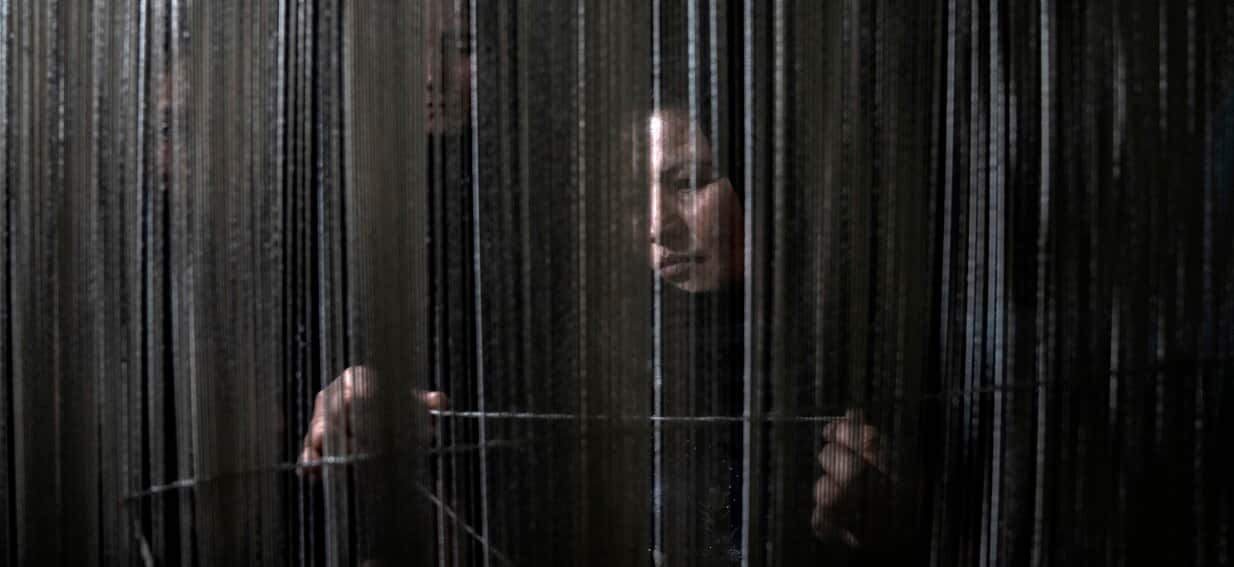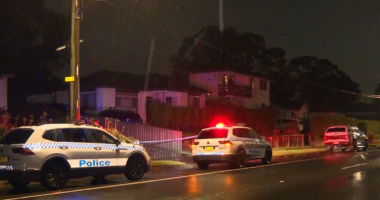Share this @internewscast.com

They share a significant connection. Zahid once stood where they do—a refugee from Afghanistan who settled in Australia 26 years prior.
“I empathize with their situation,” Zahid stated, her voice breaking with emotion. She mentioned her efforts to assist, but the demand is overwhelming.
How has life changed for Afghan women since the Taliban regained power?
The group’s most recent directive orders media in three provinces to cease airing images of any living being.
“The Taliban is closer than ever to achieving its vision of a society that completely erases women from public life,” it said on Monday.
What does the Taliban say about its treatment of women?
“We want to find a way that respects our Sharia principles and also achieves consensus in society.”
“Today, they have the ability to access rights, make autonomous decisions, and shape their own futures,” Mujahid noted.
What is Australia doing?
Last year, alongside Germany, Canada, and the Netherlands, Australia initiated legal proceedings against Afghanistan at the International Court of Justice, challenging the Taliban’s breaches of the Convention on the Elimination of All Forms of Discrimination Against Women.
The other Afghans at risk
“However, recent changes by the Albanese government are now restricting eligibility for some who might have been included in this program previously,” she observed.











